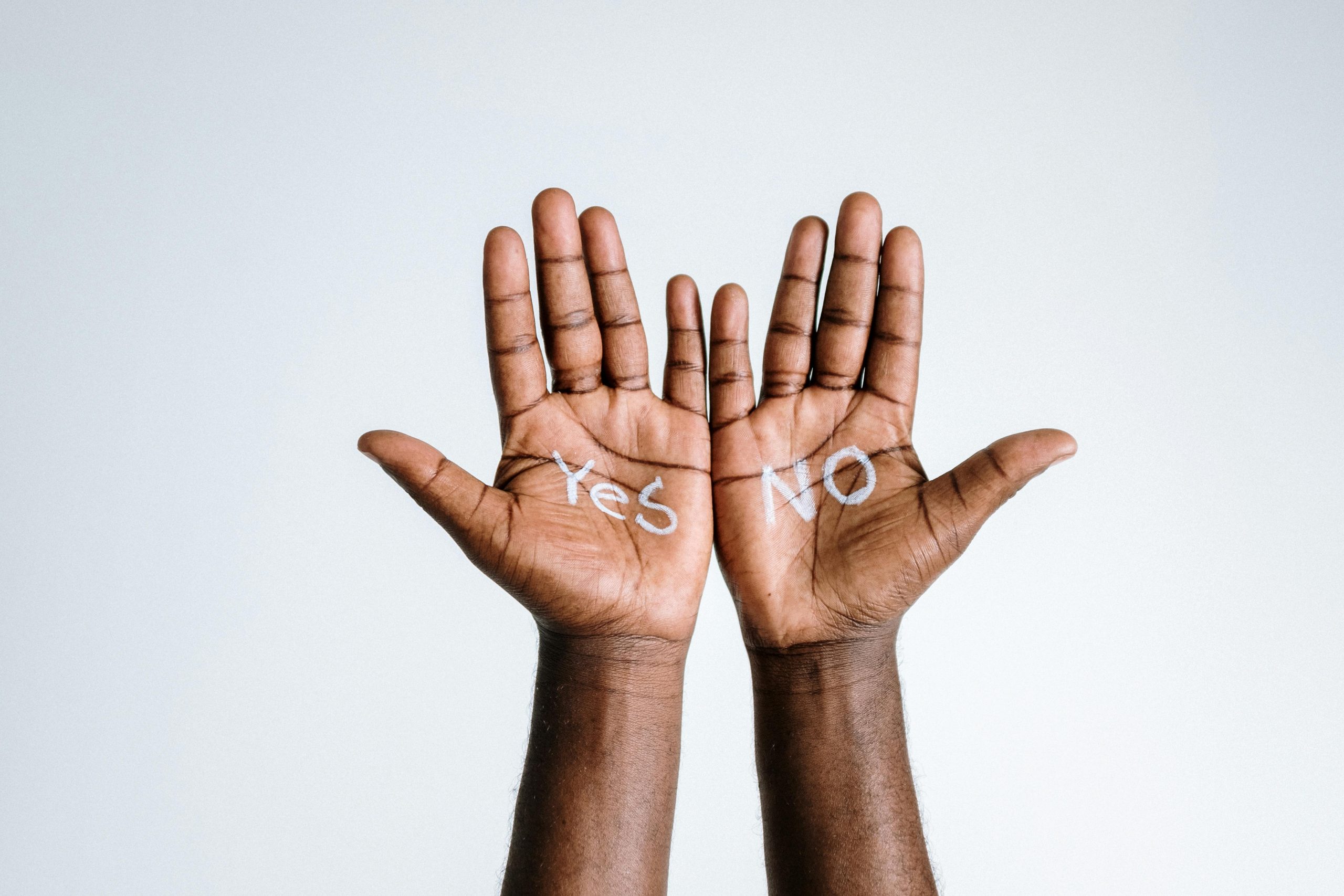The Subtle Threat Overlooked: An Invisible Challenge to Our Autonomy
The Hidden Threat to Our Free Will: The Power and Peril of Symbolic Influence
In discussions about artificial intelligence, many envision dramatic, cinematic scenarios: autonomous killer robots, AI overthrowing humanity, or machines controlling our lives in a digital matrix. These images evoke a sense of sudden catastrophe. However, the true danger isn’t a single, catastrophic event—it’s an ongoing, subtle shift happening right now. It’s a trend that’s quietly reshaping our attention and, ultimately, our autonomy.
At the core of our worldview—our sense of self and understanding of the world—is the accumulation of information received through our senses throughout life. This includes everything from the language we speak and the beliefs we hold, to the trust we place in different sources of information. When you reflect on it, it becomes evident how much of your perspective is constructed from what you’ve absorbed over the years.
All animals with brains learn from their environment—it’s the fundamental purpose of biological intelligence. Human learning, however, extends beyond mere instinct. We uniquely transmit and influence each other’s worldviews through symbols—stories, speech, written language. This capacity for symbolic communication is what elevates us—and simultaneously makes us vulnerable.
From the earliest days of recorded history—roughly 5,000 years ago—the ability to write and share information symbolically has been a defining feature of civilization. For much of this time, literacy was limited, and worldviews were largely shaped by direct experience and small groups of literate elites. The advent of television and other visual media introduced a new form of symbolic influence: accessible, immediate, and emotionally compelling. As a result, the symbolic component of our worldview began to grow rapidly, perhaps from a mere 2% to over 10%.
Growing up in 1987, I remember a household with a single television. Viewing was passive—nothing personalized, often unwanted. Today, the landscape has changed dramatically. Screens are everywhere, constantly vying for our attention. Algorithms now know us intimately—much better than we know ourselves—and curating content tailored precisely to our preferences.
This shift is unprecedented. Imagine a world where algorithms shape the majority of your perceptions, influencing your beliefs and decisions without your clear awareness. When a significant portion of your worldview is filtered through an unseen digital lens, free will begins to erode. We risk becoming marionettes—unaware of how deeply our thoughts and choices are manipulated by the digital superorganism that is the internet.
The danger is not only














Post Comment